Ensuring consumer rights
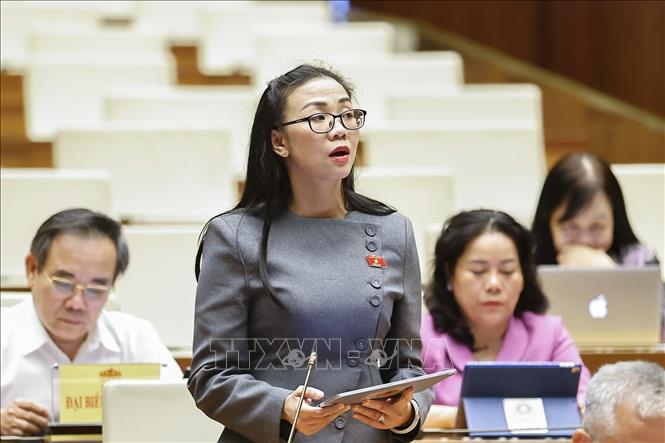
Delegates highly appreciated the sense of responsibility of the drafting agency and the reviewing agency, with great determination and efforts in preparing documents for the draft laws, in order to promptly institutionalize the Party's new and breakthrough policies.
Regarding the draft Law on E-commerce, to ensure consumer rights in e-commerce against risks such as counterfeit goods, fake goods and false advertising, delegate Trinh Thi Tu Anh (Lam Dong) proposed adding regulations that e-commerce platforms and livestream platforms must be responsible for proactively compensating for damages in cases where products promoted through display priority algorithms are identified as counterfeit or harmful.
"This regulation will create a strong financial incentive, forcing platforms to self-screen content more carefully, instead of letting poor quality goods be sold openly. In addition, it is necessary to require platforms to have a mechanism to publicly disclose information about products and sellers, including origin, quality and related parameters, before the transaction is completed. This not only increases transparency but also helps consumers make informed purchasing decisions, minimizing the risk of fraud," said delegate Trinh Thi Tu Anh.
According to the principle of joint liability, the division of responsibilities between parties (including: Trading floors, livestreamers and suppliers) is the foundation for applying effective sanctions. However, this responsibility is currently being dispersed, leading to a situation of avoiding obligations. According to the principle of "know or should have known", delegate Trinh Thi Tu Anh said that platforms, with the role of controlling algorithms and content posting processes, must bear joint responsibility if they do not act promptly when receiving warnings about violations such as false advertising or counterfeit products.
"They cannot use the excuse of being just an "intermediary" to shirk responsibility, because the algorithms they design have a direct impact on the content consumers access. Therefore, it is necessary to clearly stipulate that platforms must be transparent about key parameters, especially those related to advertising distribution and sales content display," said delegate Trinh Tu Anh.
Sharing the same view, delegate Nguyen Thi Thu Ha ( Quang Ninh ) proposed to clearly separate the rights and obligations between pairs of subjects (platform owner - seller, platform owner - buyer, seller - buyer...) and have a responsibility mechanism appropriate to the scale and characteristics of each subject, especially individual business households and small and medium enterprises.
"It is necessary to clearly stipulate the mechanism for compensation for damages, responsibility for storage, data storage time, and ensure the ability to retrieve data when disputes arise," delegate Nguyen Thi Thu Ha suggested.
Avoid legal gaps
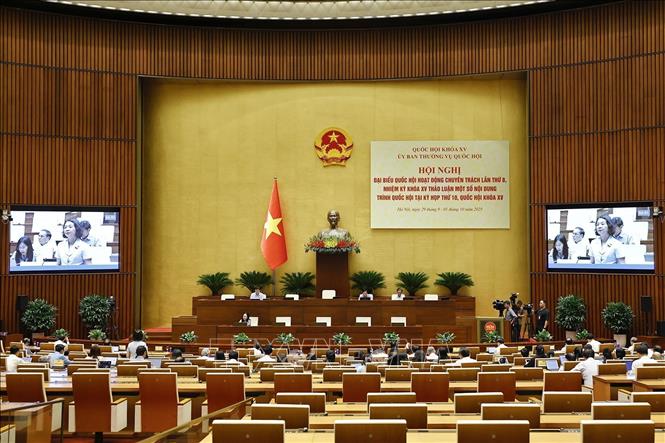
Commenting on the draft Law on Thrift and Anti-Waste, according to delegate Dang Thi My Huong ( Khanh Hoa ), this draft law is of great significance in the context of the whole country implementing administrative reform, digital transformation and preventing and combating corruption and negativity. The National Assembly's consideration and comment on this draft law is very necessary, not only to save resources and combat waste but also to contribute to improving discipline, order, accountability and increasing transparency in state management activities and in the whole society.
Delegate My Huong said that regulations on publicity and transparency in practicing thrift and fighting waste are the core content of the draft Law because if publicity and transparency are not complete, all measures to save and fight waste will hardly be effective.
However, in order for the regulation of "public disclosure of wasteful behavior and handling results along with information about the violating agencies, organizations and individuals" to be put into practice, delegates suggested that the drafting agency clarify a number of points and clearly stipulate the time for public disclosure. "After how long after detecting and handling wasteful behavior, it must be publicized. If there is no specific time limit, the disclosure may be delayed, reducing its effectiveness," delegate Dang Thi My Huong stated.
Regarding the Law on Deposit Insurance (amended), delegate To Ai Vang ( Can Tho ) emphasized that the development of a plan to increase deposit insurance premiums to compensate for special loans is an important change in policy, affecting the system of organizations participating in deposit insurance. The delegate proposed to add regulations on the rights and obligations of deposit insurance organizations related to the development of a plan to increase deposit insurance premiums in the draft Law.
When detailing the implementation of the articles and clauses assigned in the law, delegate To Ai Vang suggested that the Government supplement detailed implementation instructions on the rights and obligations of deposit insurance organizations related to developing plans to increase deposit insurance premiums in accordance with the new situation, as a basis for the law to be implemented.
The drafting agency and the reviewing agency should consider adding a separate provision on the control mechanism to limit risks and ensure safety principles in investment activities. The Government needs to have detailed and specific instructions on the control mechanism to ensure transparency, avoid overlaps and best protect the interests of depositors.
"The increasingly improved policy on controlling deposit insurance activities in banks will actively contribute to protecting depositors, ensuring the safety of the banking and financial system and ensuring social security," said delegate To Ai Vang.
Regarding the Bankruptcy Law (amended), delegate Thach Phuoc Binh ( Vinh Long ) said that the draft Law has added many new and progressive provisions, especially the recovery procedures and the simplified procedures for the settlement mechanism in the electronic environment. The draft Law has expanded the scope of regulation and basic principles, while emphasizing the priority of applying the recovery procedures before declaring bankruptcy.
However, according to delegate Thach Phuoc Binh, excluding credit institutions and insurance companies from the scope of recovery may lead to a lack of synchronization with the Law on Credit Institutions and the Law on Insurance Business. Therefore, it is necessary to supplement the coordination principle between the laws to avoid legal gaps when handling these special cases.
Regarding the orientation of support in terms of tax, credit, finance, and land for businesses facing difficulties, delegates said that the regulations are still general, without specific criteria, and there should be some principles and criteria to avoid arbitrary application or exploitation. Delegate Thach Phuoc Binh suggested clearly defining the subjects of support such as small and medium enterprises, cooperatives, the application period as well as the agency responsible for implementing and supervising this...
Source: https://baotintuc.vn/thoi-su/hoi-nghi-dai-bieu-quoc-hoi-chuyen-trach-rang-buoc-trach-nhiem-phap-ly-san-thuong-mai-dien-tu-20250930121245623.htm



![[Photo] Students of Binh Minh Primary School enjoy the full moon festival, receiving the joys of childhood](https://vphoto.vietnam.vn/thumb/1200x675/vietnam/resource/IMAGE/2025/10/3/8cf8abef22fe4471be400a818912cb85)

![[Photo] Prime Minister Pham Minh Chinh chairs meeting to deploy overcoming consequences of storm No. 10](https://vphoto.vietnam.vn/thumb/1200x675/vietnam/resource/IMAGE/2025/10/3/544f420dcc844463898fcbef46247d16)








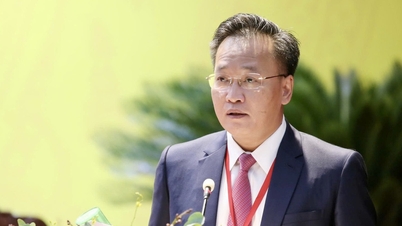





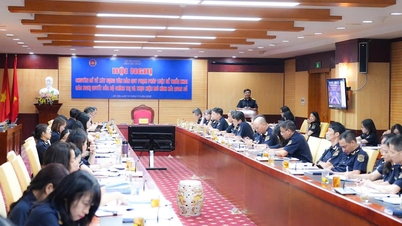

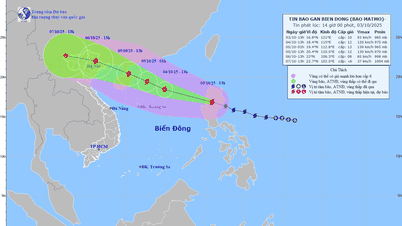
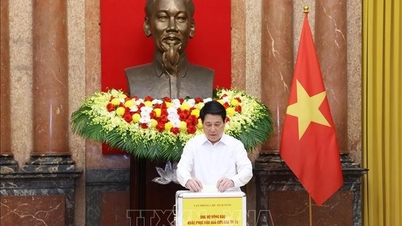
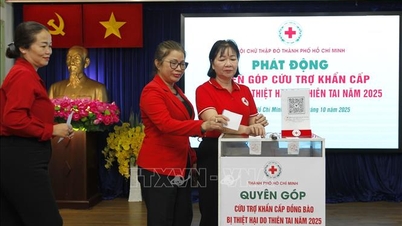





















































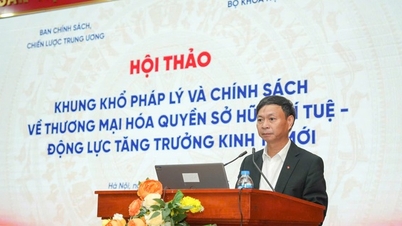




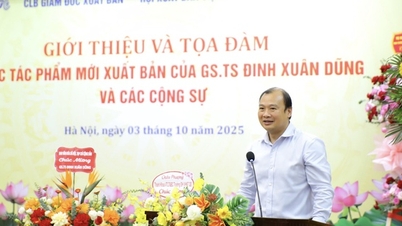






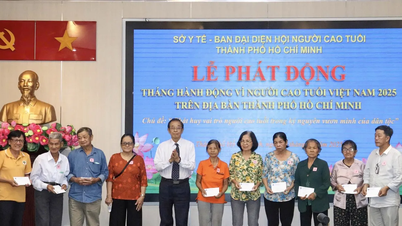
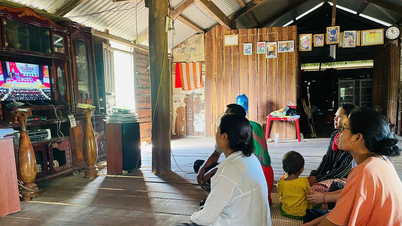














Comment (0)